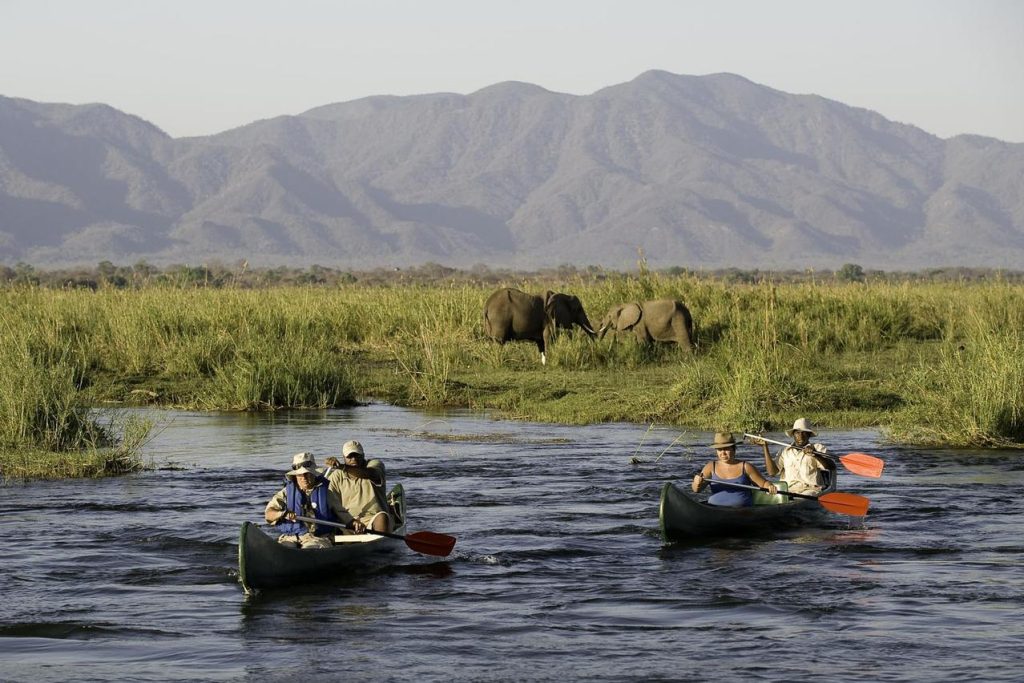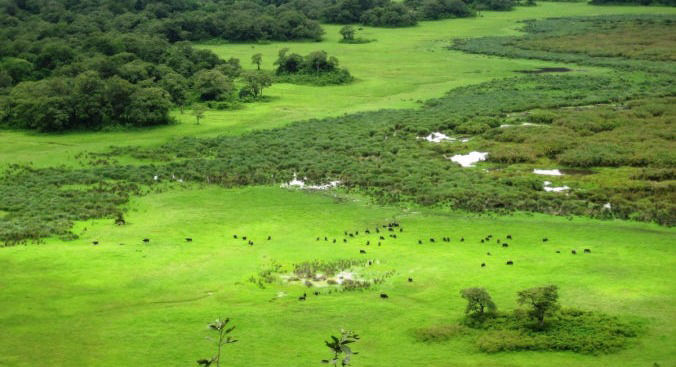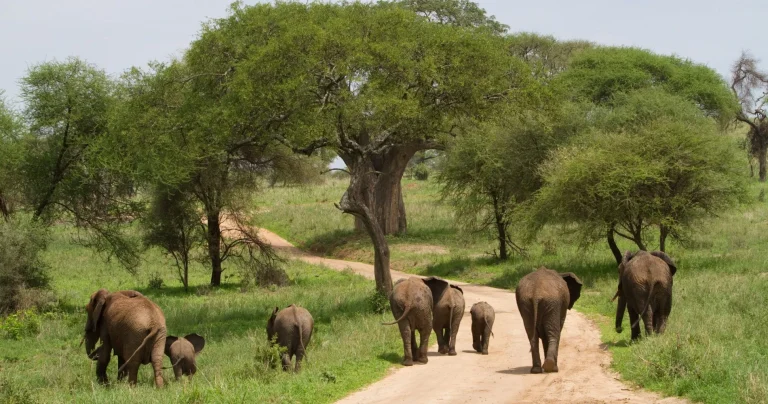Arusha National Park Eco-tourism Practices




Arusha National Park Eco-Tourism Practices
Arusha National Park in Tanzania is renowned not only for its breathtaking landscapes and diverse wildlife but also for its commitment to eco-tourism practices. Through conservation efforts, sustainable tourism promotion, and responsible resource management, the park sets a strong example of balancing environmental preservation with tourism. These initiatives ensure the park remains a thriving natural habitat and offers a meaningful experience for eco-conscious travelers.
1. Conservation Efforts
One of Arusha National Park’s main priorities is to protect the region’s unique biodiversity and pristine environment. Conservation initiatives include:
- Anti-Poaching Patrols: To combat illegal hunting, park authorities conduct regular anti-poaching patrols. These patrols protect endangered species such as leopards, elephants, and other valuable wildlife.
- Habitat Restoration: The park actively works on restoring habitats affected by human activities or natural degradation. This involves reforestation efforts, soil erosion prevention, and revitalization of key ecosystems within the park.
- Species Reintroduction: To preserve and enhance biodiversity, Arusha National Park has successfully reintroduced native species, such as giraffes, and restored populations of black and white colobus monkeys, which are unique to this region. These efforts help balance the ecosystem and increase wildlife diversity.
2. Sustainable Tourism Promotion
Arusha National Park collaborates closely with local communities to ensure tourism benefits are shared sustainably:
- Community Partnerships: The park engages with nearby villages, promoting eco-tourism that offers jobs and training to local residents. By providing alternative livelihoods, such as eco-guiding, cultural tours, and handicrafts, the park helps reduce reliance on unsustainable practices like poaching or deforestation.
- Tourism Education: The park offers eco-education programs for visitors, focusing on sustainable tourism and respectful wildlife viewing. These initiatives foster a conservation mindset among tourists and encourage them to support responsible tourism practices.
3. Sustainable Resource Use
To maintain the natural integrity of the park, Arusha National Park advocates for sustainable use of resources:
- Preventing Deforestation: The park collaborates with local communities to prevent deforestation through initiatives that promote tree planting, sustainable firewood collection, and alternative energy sources.
- Sustainable Agriculture: Nearby communities are encouraged to practice sustainable farming methods that minimize environmental impact, such as soil conservation techniques, organic farming, and water conservation practices.
4. Ujambo Wa Mbogo
Ujambo Wa Mbogo is a large natural glade within the park, popular for eco-friendly walking safaris. This open area attracts a variety of wildlife, including buffaloes, giraffes, and warthogs. Visitors can experience the natural beauty of Arusha National Park up close without disturbing the environment. This glade serves as a model for eco-tourism, as it allows tourists to observe wildlife while minimizing their footprint.
Tips for Responsible Travel in Arusha National Park
To support the park’s eco-tourism goals, visitors can adopt responsible practices during their stay:
- Leave No Trace: Bring reusable water bottles, shopping bags, and other items to reduce waste. Dispose of any trash in designated bins to prevent pollution and harm to wildlife.
- Conserve Water and Energy: To help conserve resources, take shorter showers, reuse towels, and avoid unnecessary energy use by turning off lights and electronics when not in use. Report any leaks or issues to the lodge staff to ensure minimal water wastage.
By following these eco-friendly practices, visitors can contribute to the sustainability of Arusha National Park, helping preserve its rich wildlife and landscapes for future generations.
Through dedicated conservation efforts, sustainable resource management, and responsible tourism, Arusha National Park stands as a prime example of eco-tourism in Tanzania. It encourages travelers to enjoy the beauty of nature responsibly, leaving a positive impact on the environment and local communities.


One Comment